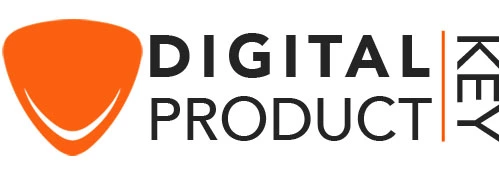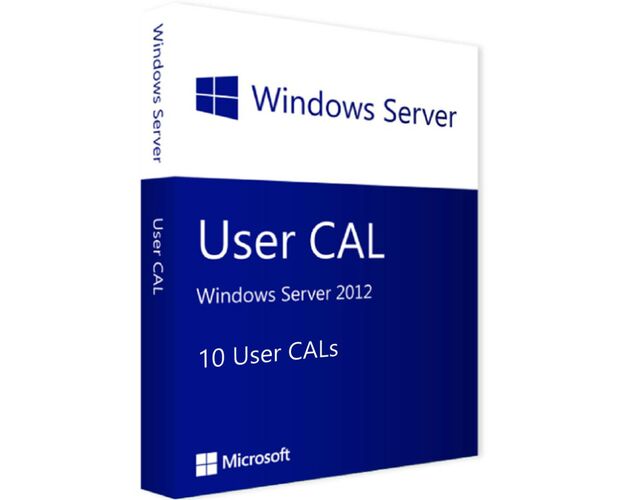Windows Server 2012 - 10 User CALs
Description
The first operating system dedicated to home servers
With Windows Server 2012 – 1 User CAL improved highlights makes your IT operations simpler speedier and fetched less. Discover your trade effectiveness in its brand modern upgraded highlights and offer assistance provide an entire modern level of trade esteem.

Learn more about Windows Server 2012 – 1 User CAL
With Windows Server 2012 – 1 User CAL you will be able to discover Unused highlights in previous editions of Windows Serves such as Server 2012 Interfacing, Server Center, Server Director, Capacity Spaces, Versatile Record Framework (ReFS), SMB 3.0, Direct Access, Hyper-V enhancements and RemoteFX enhancements.
SMB 3.0
Server Message Block (SMB) is the protocol used to share folders. With Windows Server 2012 there is a new version of the protocol called SMB 3.0. There are a number of enhancements to the protocol to allow the protocol to work over the network better in particular with virtual machines. The most noticeable new feature is the protocol now has the ability to work at the block level. Previously if you wanted to work at the block level over the network you would have needed a protocol like ISCSI.

ReFS
NTFS was presented in Windows NT in 1993. Since at that point it has been extended and created as required, in any case, a modern approach was required for cutting-edge computing. Microsoft has presented the Versatile Record Framework (ReFS) as a substitution for NTFS. Since it could be a substitution for NTFS, it is considered to be a next-generation record framework. The most feature is that it permits the record framework to be self-healing which suggests issues can be rectified without the have to reboot the computer. NTFS has presented less complex highlights but due to the elemental way it was initially planned, it has had restricted victory at making these highlights work.

Storage capacity
This may include entry access in Windows 8 and Windows Server 2012. It permits for multiple drives to be combined together to create one consistent unit of capacity. The drives utilized can be inside or outside or a combination of the two. Capacity space permits repetition to be configured so that in case a drive was to fall flat, the fizzled drive might be supplanted and no information would be misplaced. Capacity spaces moreover back this arrangement. This is often when the drive is put away in a record instead of a piece of information which can increment in measure as more information is included.






